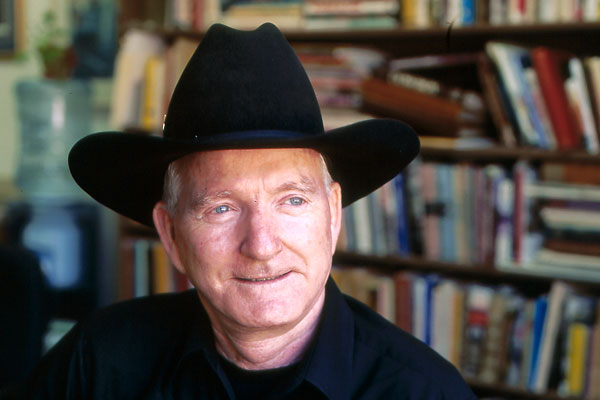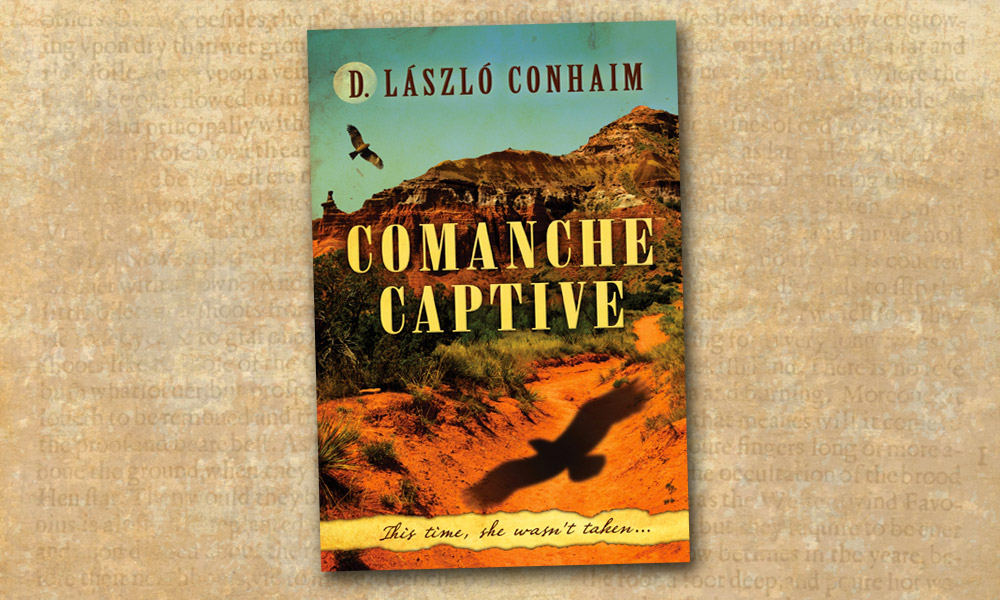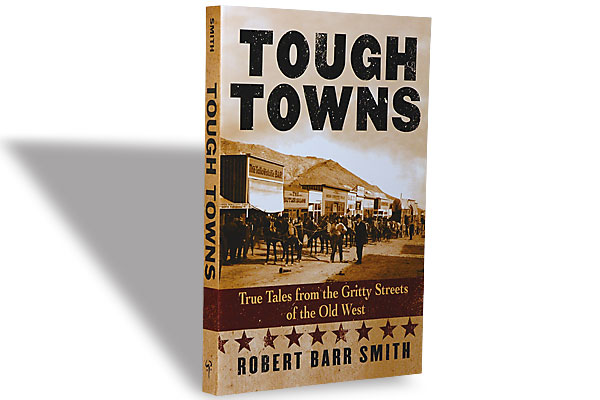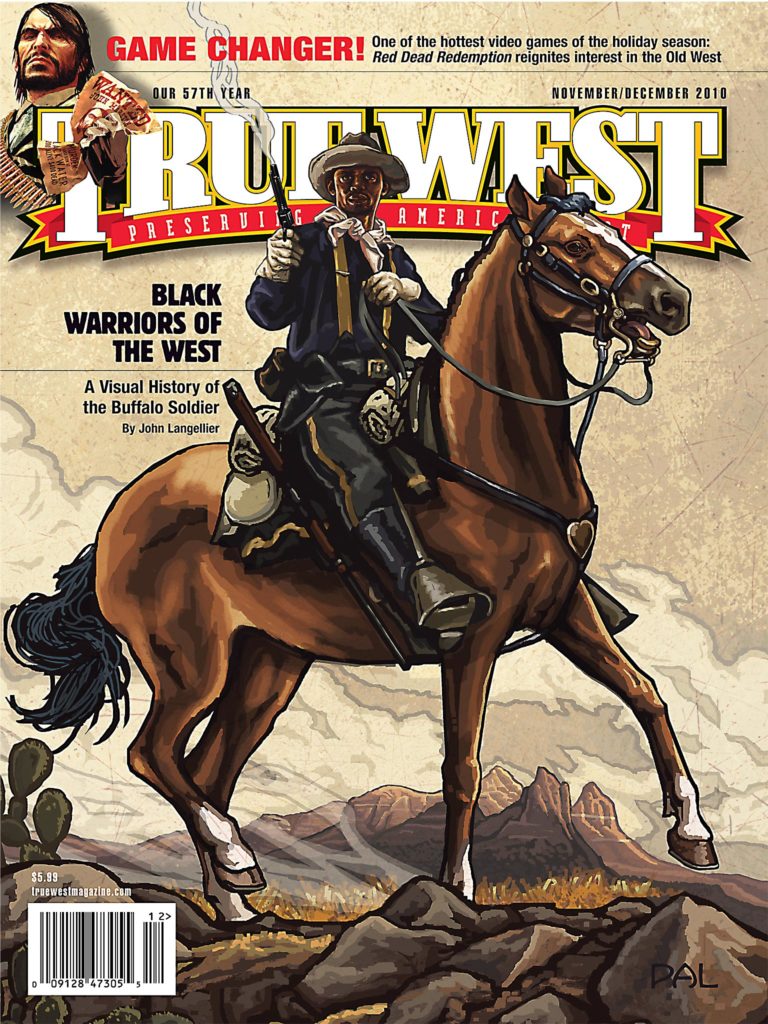
Are the wooden hitching posts in frontier towns pure Hollywood?
Barry Waldbaum
Centereach, New York
Since nearly everyone traveled either on horseback or by wagon, most of the towns had hitching posts, especially around mercantile stores, the sheriff’s office and saloons. Hitching posts were essential since folks didn’t usually take their mounts to the livery stable, unless they planned to stay awhile.





